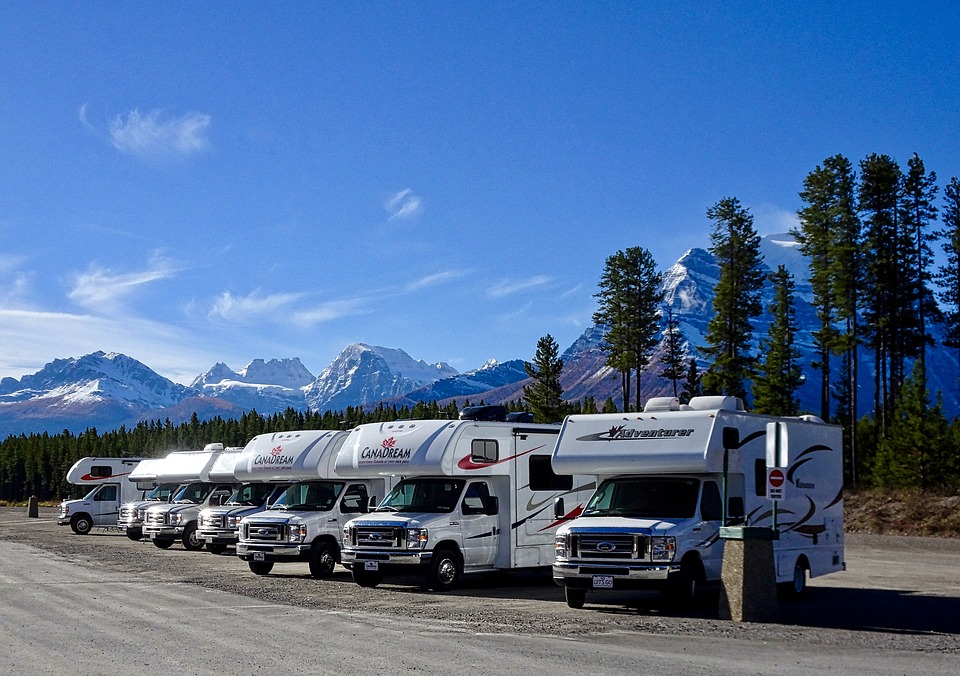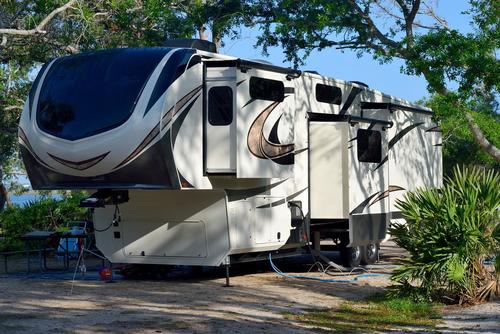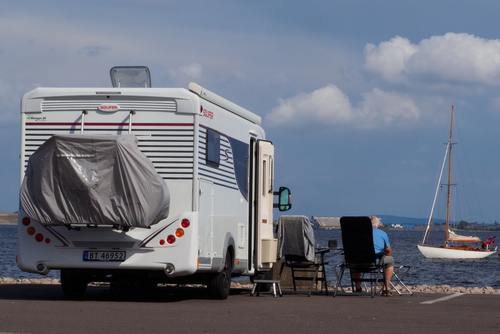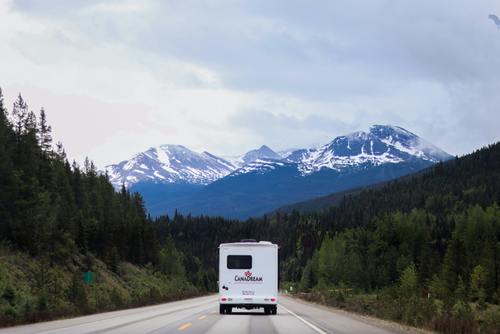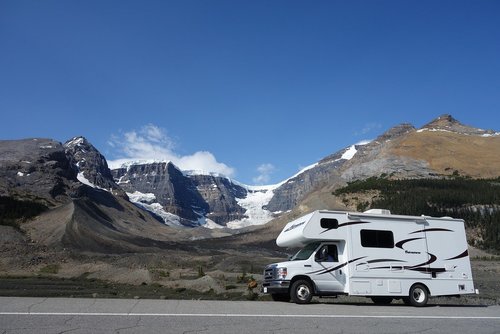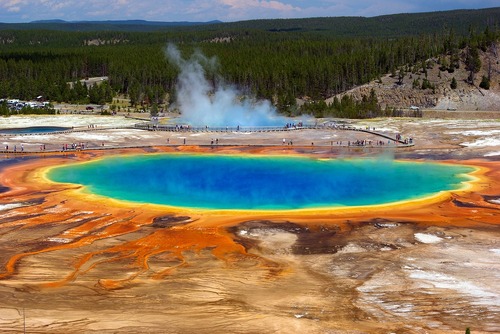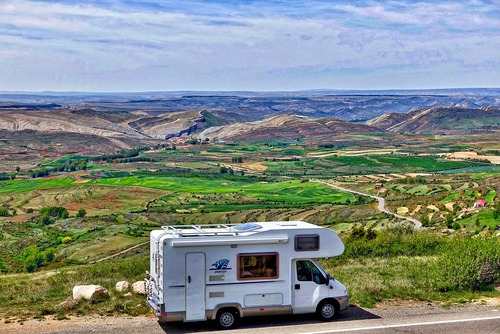However, with the rise of the “digital nomad,” this distant dream is now a rather common reality for young individuals across the world hoping to experience the wonders earth has to offer and create memories they will cherish their entire lives.
Although the RV market has skyrocketed since the start of the millennial generation, buying any old RV and setting off to travel the country may not be as easy as many young individuals perceive it to be. On top of this, if you intend on doing any form of serious travel, the RV you choose could either make or break you in the future.
At the end of the day, by buying an RV, you are basically relying on a home on wheels for your transportation, living arrangements, work, and future. With this said, reliability is the key to make these dreams come true.
To know what is reliable and what’s not, we must first take an in-depth look into what exactly you should consider when buying an RV and how to avoid the costly blunders of picking the wrong one. From there, you can hit the road knowing you made the right choice and your future will be thanking you for it in no time.
1. Internet Connection
Although this may be kind of a given to any traveler, internet access is highly important, especially when you are relying on freelance online work to pay for your travels. Because of this, it is crucial that you find a way to ensure quality service no matter where you travel.
A good way to do this is by planning your camping spots ahead of time, as many KOA’s have internet, whereas state parks and various other smaller spots do not.
Furthermore, it may be beneficial to look into traveling hotspot devices so you can actually create your own connection, in case you find yourself traveling through a region which doesn’t have much internet, such as many rural areas and forested regions across America.
After all, photos are definitely an integral part in travel and the perfect photo is often captured in those amazing ‘middle of nowhere’ places, which means that some of the locations you plan on traveling to may not have the luxuries a traditional KOA is known to have.
Because of this, these wonderful devices could very well be your answer to true exploration and internet connection through it all so you can share and get paid for your photography on the road.
However, do not assume that this connection will be as fast as the internet you are likely used to. Although the ability to have internet no matter where you are is enticing, some areas will be far weaker than others, and it is best to prepare for this ahead of time — in case you absolutely must have something completed in a particular timeframe.
For instance, by doing your work in areas with particularly strong connections, you can give yourself the time to explore the weaker regions without losing freelance work in the process. I, for one, love to do my work as soon as I get it, despite its deadline, so I know it is completed and I don’t have to fear that the work will not be done in time.
2. Cell Service Plans
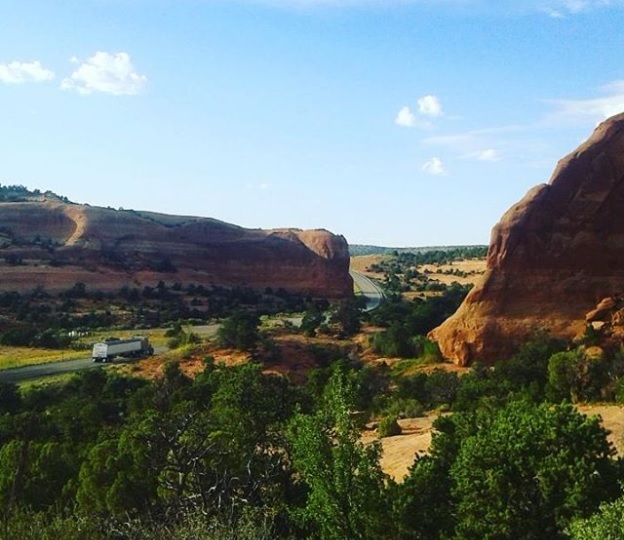
Your cell phone service is also highly important on the road for many reasons. For instance, there are countless dangerous stretches of land in America including the Million Dollar Highway in Colorado, some parts of national forests where rockslides and icy roads are prevalent, and more urban areas including Los Angeles and New Orleans.
Sometimes, the fear of having your RV simply break down is far from the only thing you need to worry about having happen on the road, and, with this being said, a strong cell phone service is key.
Having a strong cell phone service will allow you be in contact with people in the case of an emergency. However, there are countless cell phone carriers out there, so how do you know which one is actually the one that’s right for you? The best way to discern this is by looking into exactly what makes a strong cell phone service and what companies are at the forefront of the cell phone service industry.
For instance T-Mobile has been focusing their efforts on taking their 4G-LTE data plans one step further with the introduction of 5G soon to come, enhancing their Wi-Fi calling opportunities to help people who travel and need the ability to make calls despite poor service. They have also been focusing on widening the stretch of their coverage to areas that were previously uncovered.
With this being said as well as their incorporation of customer appreciation tactics, such as T-Mobile Tuesdays, it’s no wonder why many travelers (including myself) choose the “uncarrier” before hitting the road.
However, you can also opt for a satellite phone if you feel the places you are heading to won’t be covered. Furthermore, if you’re concerned about whether the place you are heading to is covered or not, you can easily check out T-Mobile’s coverage map and see if you still need to pay for a satellite phone or not.
3. Safety Precautions
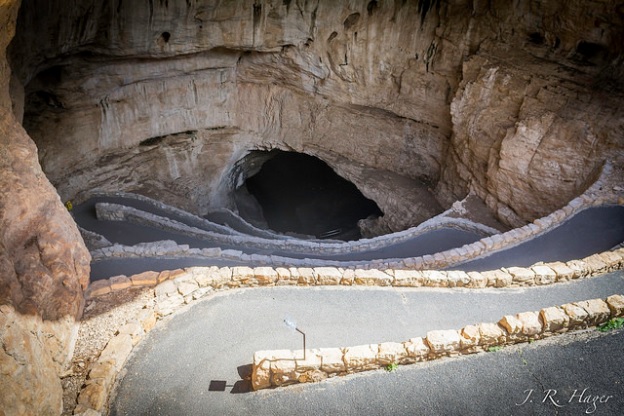
With so many dangerous places, it is also smart for you to take proper safety precautions as well as having a fully-equipped RV that is properly prepared for any and all potential safety concerns.
This includes gas leaks, fires, emergency kits with food and water, and blankets, in case you are stranded somewhere, and some form of weapon in the case of an attack. By doing this, you can ensure that you are safe and prepared in the event of a crisis.
A good way to begin is by ensuring the RV you purchase is already equipped with basic safety precautions, including a fire extinguisher and a carbon monoxide detector.
This will ensure that potential gas leaks are monitored and you don’t wind up in a dangerous and avoidable fire. Furthermore, you can also check to see if the RV is insulated properly, as an improperly insulated RV will lead to extreme weather conditions within the vehicle, which could be dangerous for driving and camping in.
Once you have done this, you can begin to prepare in yet another way by purchasing a quality emergency kit, as well as things such as heavy jackets and clothing for emergencies in cold locations, water, and a proper water filtration system in the case you are stranded in the mountains where streams are accessible but not always safe.
In the end, having a cabinet dedicated solely to safety equipment is certainly smart and important as there are many things that can easily go wrong on the road.
As for weapons, many people do not feel entirely comfortable owning a gun or having it inside their RV, which is understandable. However, there are countless cases each and every year of people being robbed, or worse, that travel full-time in an RV.
In fact, in over half of all robberies and attacks, the attacker is armed, meaning that a weapon of any kind is nearly vital when on the road.
A great alternative to a gun can be something such as a machete or bear mace, as both are pretty effective when it comes to handling an attacker.
Furthermore, if you already intended on camping in national parks, having a few cans of bear mace is a great way to ensure that you are safe even when a bear or attacker are quite literally right outside your RV.
4. Gas, Electric, or Solar?
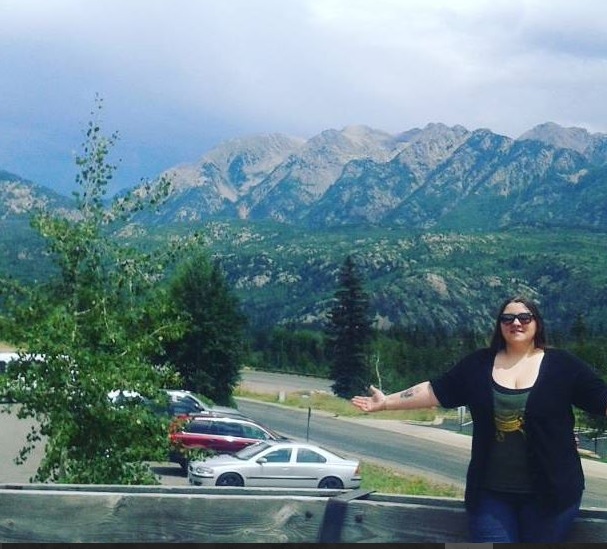
With so many different types of RVs out there all having their own perks as well as their slight negative aspects, it is important to look into each and every detail extremely carefully. One major thing you will want to look into before hitting the road is what the main power source for your RV will be.
Although it is most common to have a gas-powered RV with an electrical generator, such as an Onan generator, there are actually some major transitions in the fully electric and fully solar RV market that are certainly worth acknowledging before buying.
With a rise in renewable energy, we have seen serious transitions in our economy and the various items and devices we use on a daily basis. From the Tesla brand proving that electric cars can be just as elegant as they are environmentally friendly all the way to hard evidence such as renewable energy systems lowering Texas property taxes, the opportunities of green energy are endless.
In fact, when I began looking into the RV market, I was able to quickly learn exactly how solar works and found that having solar panels on my gas-powered RV was a great way to ensure I would still have energy, even when I wasn’t able to reach a hookup before nightfall.
However, your best bet when it comes to solar today is to either try to find a fully solar RV (which can be extremely expensive) or to find a used RV that has solar panels already installed, as the solar panels can cost quite a bit on their own, and most mechanics will overcharge you for installation.
There are countless electric RVs on the market which are proving to be fairly effective. However, it is important that you map out any trips you take with an electric RV carefully, as you may find yourself stuck without a charging spot otherwise — which could mean you would be forced to pay for a tow truck service and hope that the closest charging port is not as far as you may think.
Furthermore, depending on the class of RV you choose, you could find yourself spending even more for a specialized tow truck, as Class A motorhomes are not able to be towed by a regular truck.
5. Water Damage
One of the most common mistakes people make when buying a new RV is not checking for water damage beforehand. In fact, this damage could indicate all kinds of plumbing issues and, if not handled early, could lead to completely deteriorated walls, ceilings, and floors.
The main thing you want to look for is rust on the outside bolts of the vehicle and black mold on the floorboards and walls. If you find either of these things, you will want to feel the walls, ceiling, and floors to see whether or not they are already a lost cause or if you can salvage the RV.
At the end of the day, an RV without water damage is ideal but, if one with mold or rust is the only option, you can still get the damage fixed, as long as the walls, floors, and roof are not gone. Once you have checked these thoroughly and found no damage, you should also take a look at the floor under the sink and near the shower and toilet.
You should also learn how to use an rv dump station so that you can dispose of the toilet sewage properly and hygienically. You can check this article on what is an rv dump station.
These three areas are the most likely to have water damage, and, if this damage is severe, it can mean your plumbing has major issues that would take thousands of dollars to repair. Although no one likes a tire-kicker, simply paying close attention to these tiny details could help you choose the perfect RV and save thousands of dollars in the process.
6. Financial Stability & Savings
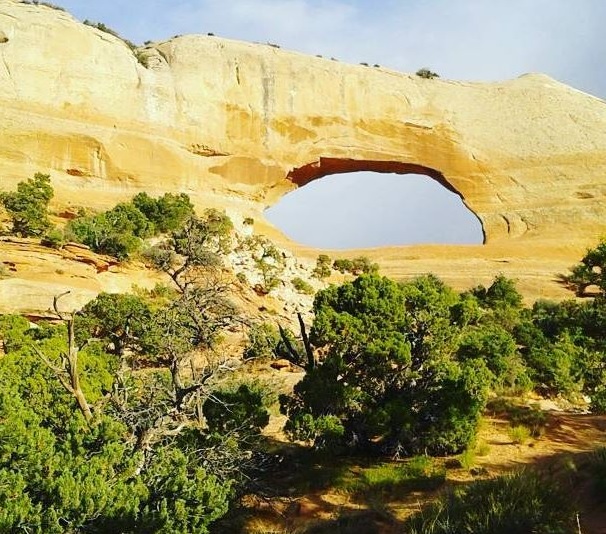
When choosing to live the full-time RV lifestyle, it can often be difficult to keep your finances stable and your savings untouched. However, this is a very important part of choosing this lifestyle, as it will allow you to pursue any and all of your dreams without being fearful of what lies ahead in the process.
The best way to do this is by finding telework that can coincide with your travels, such as freelance journalism, photography, sales, marketing, and telecommunication positions.
The best way to decide what kind of position you are looking for is by finding what job works hand in hand with your new lifestyle, as well as testing this position before you hit the road to ensure you enjoy it in the long run. Furthermore, by setting up a monthly budget and deciding how much you want saved for any potential incidents on the road, you can find a position that pays accordingly.
For instance, with a rise in technology in nearly every industry, one industry that is slowly making rising up in our world and using telecommunications to back its growth is the insurance tech industry. In fact, there are countless opportunities in insurance tech that pay more money than writing gigs for less time, which is ideal for any full-time travelers looking to make money quick and painlessly.
Furthermore, there are plenty of positions in various other tech fields, such as web design and development. Such careers could lead to thousands of dollars monthly if mastered on the road.
7. Rent Differentiations
Although it may be a given to most individuals, you are actually paying far less to lead this lifestyle once you have an RV.
In fact, even the nicest locations such as KOA’s only cost roughly $1,000 for an entire month with full hookups and a patio. However, there are plenty of smaller camping spots that cost even less than that, averaging out to a range of $300-$700 monthly, depending on your location and amenities.
However, the reason to pay attention to these rent differentiations is because you should always have enough padding in your paychecks to account for any locations that are more expensive than others. For instance, if you are used to state parks and smaller sites with very little amenities, you may be used to normally paying around the $300 range.
However, if you were to hit a part of a state that does not have state parks and is more urban, you may find yourself hitting the higher ranges such as roughly $750 in places such as California and New york which could lead to serious issues if you found a telework position that only can provide for $300 monthly.
With this being said, it is important to plan for the worst and have savings to put aside at the end of the month if the worst does not happen. From there, you can save up money to either pad the rent differentiations that are drastic (such as going through California or New York) or save up to buy a better RV in the future.
8. Used or New?
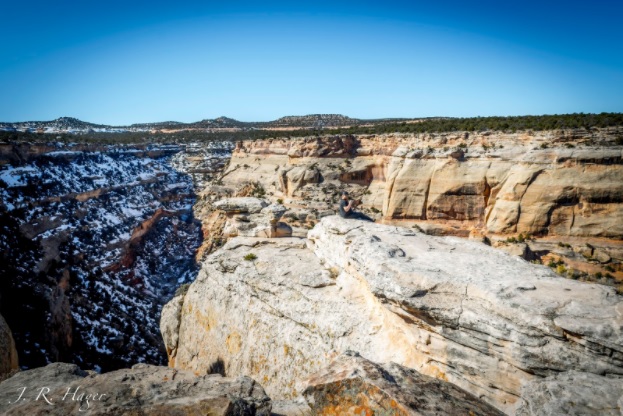
A lot of people start their RV searches looking for the newest and most reliable models out there without realizing just how expensive that can be — or how wonderful used RV’s can be either. In fact, as you begin to search for the perfect RV, you may notice that the average new RV is thousands of dollars more, but has practically the same amenities and features as its used counterparts do.
Once you have recognized this, you can begin to look at some of the many used RVs out there that are comfortable and worth far more when they were originally sold. So, you may be wondering why these RVs are so cheap in the first place — but this is actually a much easier question than you may think. In fact, the answer is simply that the rate of depreciation for an RV is pretty drastic.
The average RV that goes for roughly $65,000 will depreciate by 30 percent the minute you drive it off the lot and another ten percent in the first year. After that, it will continue to depreciate by roughly six percent each year meaning that within six years, the RV will only be half of its original value. Now, as you probably already know, the RVs found on sites like Craigslist used are typically from the 80s and 90s, meaning that their value has gone down severely since their original price.
Because of this simple fact, a used vehicle actually means you are getting a motorhome that is more than likely on par or even better than the new version for less than half the price. Furthermore, it means that you will more than likely be able to resell it for roughly the same price you bought it for, rather than selling a new one once it has depreciated to such an extent you will never make even half of your money back on it.
Therefore, a used vehicle is the most ideal option for someone looking to keep this lifestyle for a long period of time and not leave it completely wrecked.
9. A/C & Heater

Although it may not seem like an issue during the summer season, you must always be thinking ahead when looking into RV ownership. For this, the A/C and heating systems are vital.
When winter comes around and you happen to be in a place where snow and cold weather is prevalent, a heating system could quite literally mean life or death in the case of a breakdown. Furthermore, if you find yourself in a city known for its heat such as Los Angeles, Las Vegas, or Phoenix for the summer, your A/C could ensure that your food stays cold and you do not overheat in your home.
Despite the fact that insulation certainly helps with this, continual maintenance is key to an efficient HVAC system, and ensuring the previous owner was maintaining this system is crucial when looking into buying an RV from a seller. The best way to do this is by testing the A/C as well as the heater during your walkthrough which many sellers are more than happy to showcase for you.
If both systems work without a hitch, you are more than likely safe to move forward with the purchase. However, if you are still unsure, you can always have your mechanic take a look during a test drive of the vehicle likewise. For many individuals, this is a great way to show the seller your interest is real as many RV buyers tend to be extremely flaky and, therefore, sellers can often be annoyed by nonchalant interest.
10. Class A, B, or C?
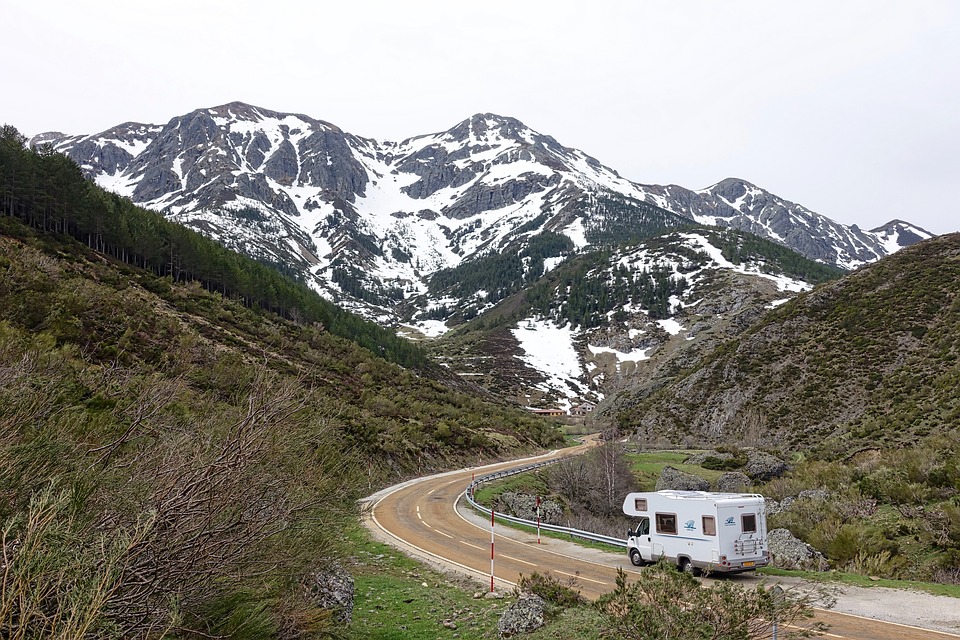
Lastly, one of the most important distinctions to make before purchasing an RV would be to decide with Class of RV you prefer. There are pros and cons to every RV, but class B is the least common and least beneficial of all three. Because of this, most people strongly recommend and A or C class motorhome.
The main reason why and A class motorhome is so popular is due to the fact that they are strong, cheaper than many other options, and tend to be bigger than other motorhomes. However, the cons to these vehicles are that they require a special kind of license to drive most of the time, are difficult to maneuver, get slightly worse gas mileage, are difficult for mechanics to work on, and also require a special kind of tow truck in the event that the RV breaks down. Because of this, the most common and popular class of motorhome is the Class C motorhome.
Class C motorhomes are typically built out like a regular truck in the front making it far easier to work on for mechanics which also reflects in the cost of repairs likewise. Furthermore, class C RV’s are typically a bit smaller making them easier to maneuver and cheaper likewise.
Lastly, the average class C motorhome gets far better gas mileage than any other RV which makes it perfect for long-distance travel. However, the cons to a class C motorhome include the lack of space, the beds are more often than not above the driver’s seat in a rather cramped area, and the bathrooms are also more often than not out in the open and extremely cramped.
Another option is a travel trailer. Travel trailers can be an excellent option for people who don't want to deal with special licenses or driving a new vehicle. A travel trailer is essentially an RV like trailer that you tow behind a truck. Some trailers are small and only fit a bed, while other trailers are similar in size to a class A RV.
A benefit to a travel trailer is you will never have to worry about finding special mechanics, because you will be using a truck to pull it. Another benefit is you can unhook the trailer at a campground and then use your truck to drive around and do errands.
Something that's important to think about if you get a travel trailer is to get a cover for it. If you are going to be leaving it at a campground or in a driveway for an extended period of time it's worth looking at some travel trailer covers to help prolong the life of your trailer.
Because of this, the main thing to decide is whether you want an easier to drive RV which gets better gas mileage and can be worked on easily or a very spacious RV that struggles in the maintenance but shines in the livability region.
In the end, no matter what you choose, you can rest assured knowing that your RV travels are sure to be memories you will never forget, and, as a digital nomad, you can also begin to live life the way countless other young individuals are and see just how amazing living on the road can actually be.
With these tips in mind, you can now finally start your search for the perfect home on wheels and get one step closer to the adventure that is soon to be your life.
By Samantha Donaldson
Related Pages

